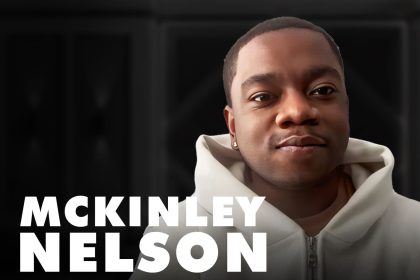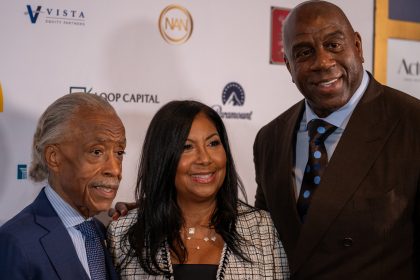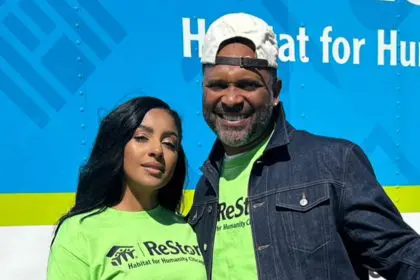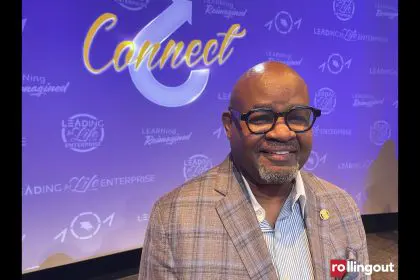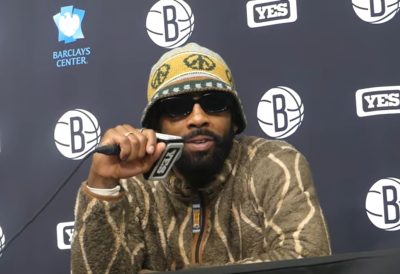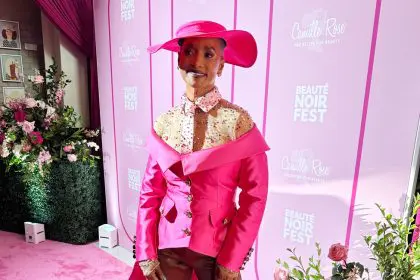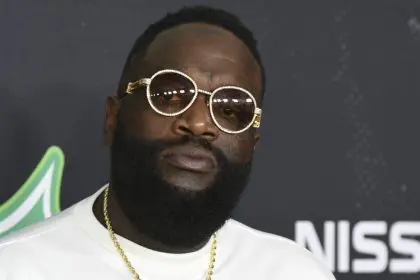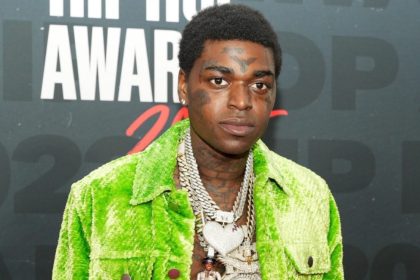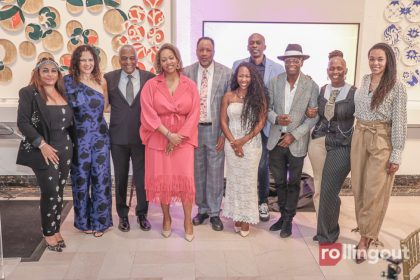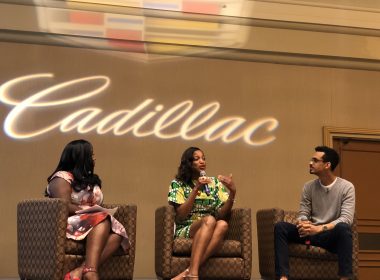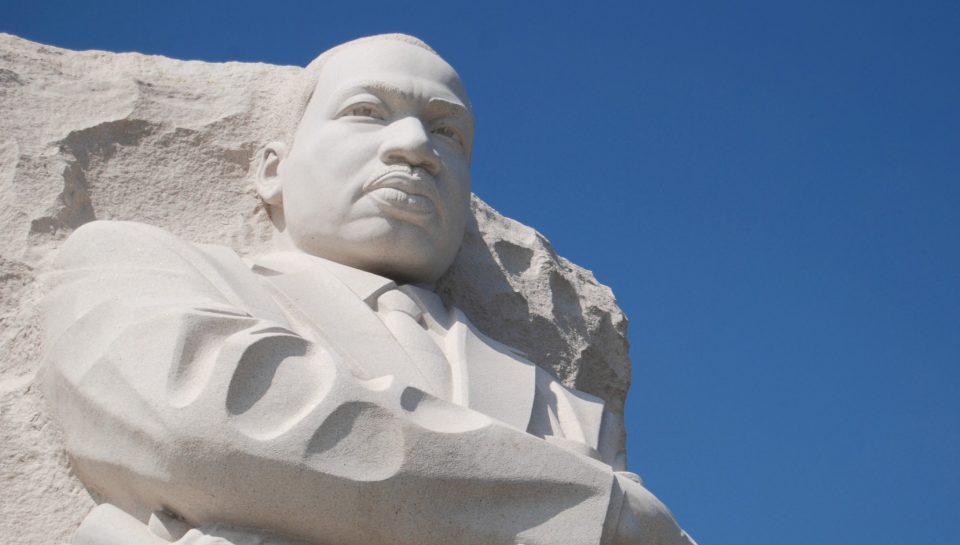
With Martin Luther King Jr. Day approaching, it is important to celebrate his life and legacy. King used nonviolent protests to achieve equal rights for Black people, and through that, won awards such as the Nobel Peace Prize. His leadership also opened doors for better opportunities for education and employment for Black people.
Throughout King’s life, he delivered some of the most iconic speeches and quotes of the 20th century, touching on problems going on in the world at that time, and some of those same problems are still occurring to this day. Today, we look at his final speech before his assassination.
On Apr. 3, 1968, King delivered his final speech at the Mason Temple Church. The purpose of his speech was to show support for the Memphis sanitation workers who were on strike due to poor working conditions for Black people.
Though King took charge in protesting racial segregation, he also played a big hand in economic equality for Black people.
In this speech, King calls for unity, boycotts and nonviolent protest.
“Men, for years now, have been talking about war and peace. But now, no longer can they just talk about it. It is no longer a choice between violence and nonviolence in this world, it’s nonviolence or nonexistence. That is where we are today.”
Continue to the next page.


